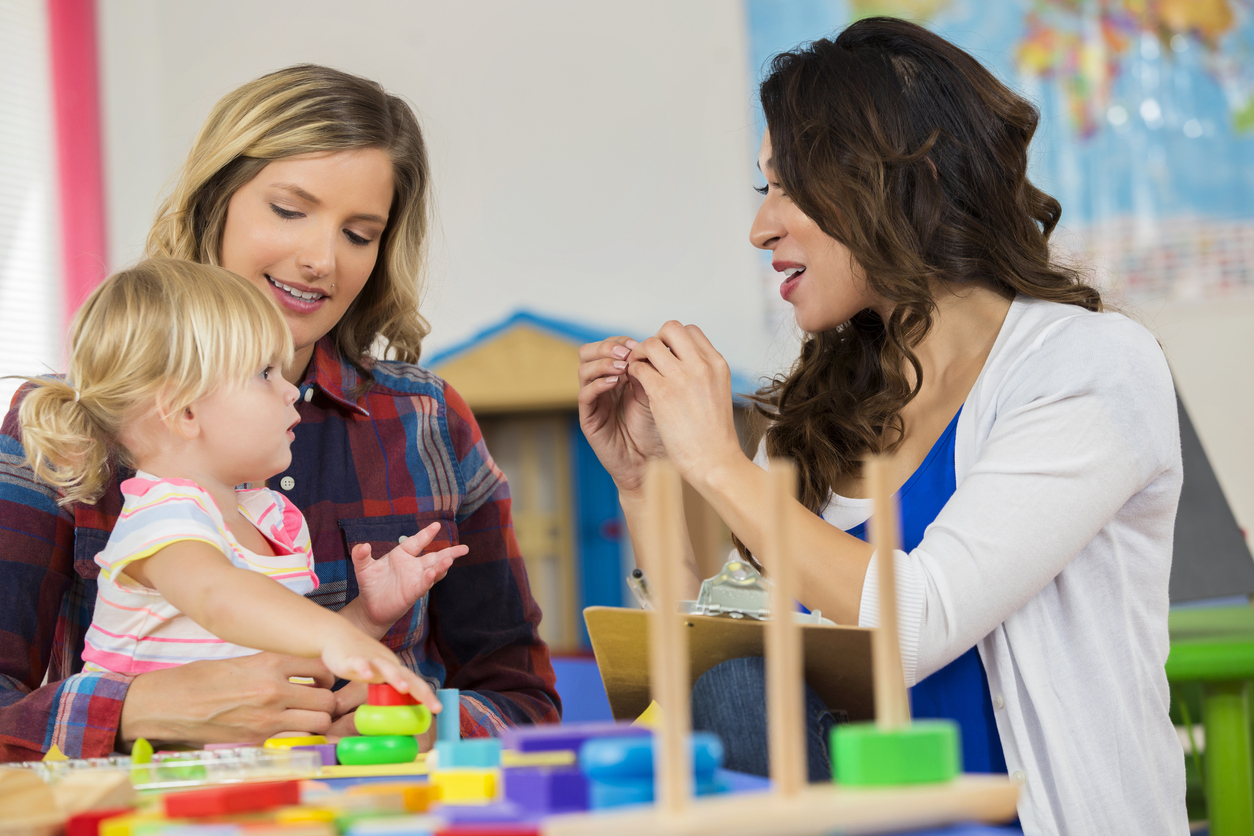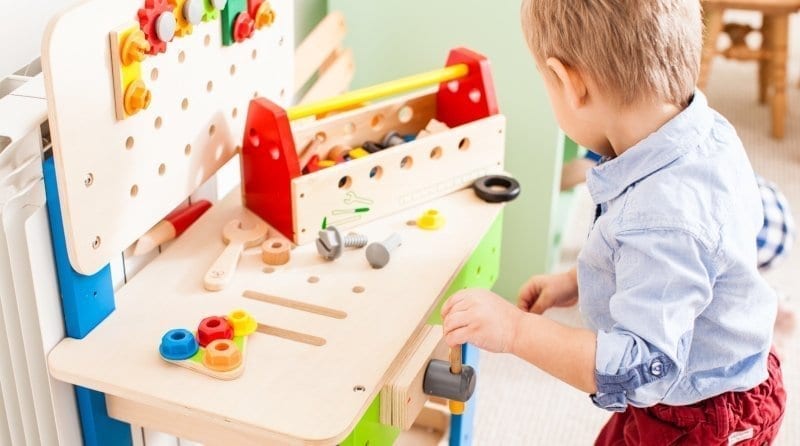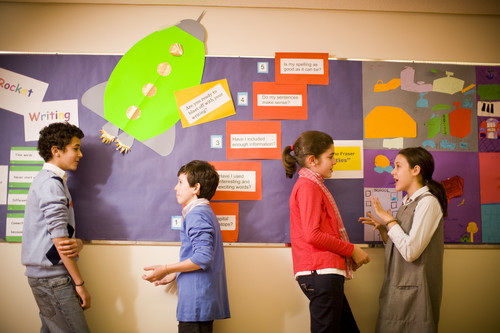Top 10 Strategies for Boosting Child Communication Skills
Boost your child’s communication skills with active listening techniques, encouraging storytelling, and role-playing scenarios. Building vocabulary skills through word games and discussing meanings expands their language abilities. Incorporating nonverbal communication practice and constructive feedback boosts understanding. Create communication opportunities with interactive playtime and everyday conversation tips. Promote empathy through exercises and active listening. These strategies enrich your child’s communication proficiency and social interactions.
Key Takeaways
- Engage in role-playing scenarios to enhance communication and confidence.
- Use storytelling prompts to encourage active participation and imagination.
- Practice attentive listening to validate feelings and promote understanding.
- Incorporate vocabulary exercises for building language skills and fluency.
- Offer constructive feedback and positive reinforcement for effective communication growth.
Active Listening Techniques

To enhance your child’s communication skills, employing active listening techniques is essential for fostering a deeper connection and understanding between you and your child.
Reflective listening involves paraphrasing what your child says, showing that you’re actively engaged and comprehending their words. By practicing attentive responding, you demonstrate genuine interest in what your child is sharing, encouraging them to express themselves openly.
Empathetic communication is vital in active listening. Validating your child’s feelings by acknowledging their emotions helps them feel understood and supported. When your child feels heard and validated, they’re more likely to communicate openly and honestly with you.
Remember to maintain eye contact, nod occasionally, and provide verbal cues like ‘I understand’ or ‘That must have been tough’ to show empathy.
Encouraging Storytelling

Encouraging storytelling with your child can be a wonderful way to nurture their communication skills and creativity while strengthening your bond through shared narratives. Storytelling prompts and creative activities are excellent tools to kickstart this journey.
Consider providing your child with open-ended prompts like ‘Imagine if animals could talk…’ or ‘Tell me about a magical adventure you’d go on.’ These prompts can ignite their imagination and help them express their thoughts in a structured manner.
Family storytelling, especially during bedtime, offers a cozy and intimate setting for these interactions. Bedtime tales not only calm your child before sleep but also create a routine that fosters communication skills.
Encourage your child to participate actively by asking questions about the story, predicting what might happen next, or even creating alternate endings. These interactions not only enhance their storytelling abilities but also improve their listening skills as they engage in back-and-forth conversations with you.
Role-Playing Scenarios

Engage your child in role-playing scenarios to enhance their communication skills and boost their confidence in expressing themselves creatively. By incorporating improv games and scenario practice into their routine, you can help them develop valuable acting skills while having fun.
Role-playing allows children to step into different roles, think on their feet, and respond to various situations, all of which are essential for effective communication.
Improv games provide a dynamic way for children to think outside the box and improve their spontaneity in conversations. Encourage them to act out different scenarios, such as ordering food at a restaurant or solving a problem with a friend. This hands-on approach helps them become more comfortable expressing themselves in real-life situations.
Scenario practice further refines their acting skills by giving them structured situations to navigate. Whether pretending to be a teacher, a superhero, or a character from their favorite story, your child can explore different roles and emotions, expanding their communication abilities in a playful manner.
Through role-playing scenarios, your child can enhance their communication skills and build confidence in expressing themselves creatively.
Building Vocabulary Skills
By expanding your child’s vocabulary through engaging activities and regular practice, you can help them effectively articulate their thoughts and ideas with confidence.
Word games and storytelling prompts are excellent tools to make learning new words fun and interactive. Encourage your child to play word games like Scrabble, Boggle, or word search puzzles to enhance their vocabulary skills while having a great time.
Additionally, incorporating vocabulary exercises into your child’s routine can greatly boost their word knowledge. Use flashcards with new words, ask them to use these words in sentences, and practice spelling and pronunciation together.
Reading comprehension activities are also beneficial for expanding their vocabulary. After reading a story, discuss the meanings of unfamiliar words to deepen their understanding.
Consistent practice is key to building a strong vocabulary. Make learning enjoyable by incorporating these activities into your daily interactions. With your support and encouragement, your child will develop a rich vocabulary that will serve them well in effectively communicating their thoughts and emotions.
Nonverbal Communication Practice

To further enhance your child’s communication skills, practicing nonverbal communication is just as important as building their vocabulary. Body language and facial expressions play a significant role in how we convey our thoughts and feelings to others. Encouraging your child to be mindful of their body language can help them become more effective communicators.
Teach your child about the importance of maintaining eye contact when speaking with others. Eye contact shows attentiveness and interest in the conversation. Additionally, explain to them how their posture can reflect their level of confidence and engagement in a discussion. Encourage them to stand or sit up straight to appear more open and interested.
Practice mirroring facial expressions with your child to help them understand how emotions can be communicated nonverbally. Expressions like smiles, frowns, or raised eyebrows can convey a range of feelings without saying a word. By practicing these nonverbal cues together, your child can become more aware of the impact of their body language on communication.
Engaging in Conversations
Enhancing your child’s conversational skills involves fostering genuine connections through meaningful dialogue. Storytelling games and question prompts can be excellent tools to encourage your child to engage in conversations.
Storytelling games like ‘Once Upon a Time’ or ‘Story Cubes’ can spark creativity and help develop narrative skills. Question prompts such as ‘What was the best part of your day?’ or ‘If you could have any superpower, what would it be?’ can stimulate interesting discussions and encourage your child to express their thoughts.
Additionally, using conversation starters and topic cards can provide a structured way to initiate discussions. Conversation starters like ‘Tell me about a time when you felt really proud of yourself’ can help your child open up and share their experiences. Topic cards with themes like favorite foods, dream vacations, or future ambitions can give your child specific subjects to talk about, fostering communication skills while keeping the conversation engaging and enjoyable.
Using Visual Aids
Incorporating visual aids can greatly enhance your child’s communication skills. Visual aids serve as powerful communication tools that can help children understand concepts more easily and express themselves more effectively. By using interactive visuals and learning aids, you can create engaging experiences that stimulate your child’s curiosity and creativity.
Visual aids come in various forms, such as flashcards, charts, diagrams, and videos, providing different ways for your child to absorb information and communicate their thoughts. These tools can make abstract ideas more concrete and enable your child to make connections between words and images, improving their comprehension and expression skills.
When using visual aids, encourage your child to actively participate by asking questions, discussing what they see, and sharing their thoughts. This interactive approach not only enhances their communication skills but also fosters critical thinking and problem-solving abilities.
Providing Feedback Effectively
When providing feedback to your child, remember to focus on constructive and specific comments that will help them improve their communication skills effectively. Essential criticism plays a significant role in guiding your child towards better communication habits. Instead of just pointing out mistakes, offer suggestions for improvement to empower your child to grow.
Additionally, incorporating positive reinforcement can motivate your child to continue practicing and refining their communication skills.
It’s essential to be mindful of potential communication barriers and cultural differences when providing feedback. Be patient and understanding, especially if your child is struggling with certain aspects of communication. Take the time to explain concepts clearly and encourage open dialogue to address any misunderstandings that may arise due to cultural variations.
Creating Communication Opportunities

When it comes to boosting your child’s communication skills, creating communication opportunities is key.
Interactive playtime ideas and everyday conversation tips can help your child develop their language abilities in a fun and engaging way.
Interactive Playtime Ideas
During playtime with your child, you can create numerous opportunities for communication by engaging in interactive activities that spark conversation and connection.
Storytelling games are a fantastic way to foster communication skills. Encourage your child’s imagination through creative playtime where they can invent stories and share them with you. By participating in imaginative play, you provide a platform for your child to express themselves and engage in conversations about their make-believe worlds.
Interactive activities such as building blocks, puzzles, or board games can also enhance communication. These activities require turn-taking, sharing ideas, and problem-solving, all of which promote verbal communication. Ask open-ended questions during playtime to encourage your child to elaborate on their thoughts and feelings.
Additionally, role-playing scenarios can inspire dialogue and help your child practice different social interactions.
Everyday Conversation Tips
Engage in daily routines and activities that naturally prompt conversations with your child, fostering communication skills effortlessly.
Storytelling prompts are a fantastic way to spark your child’s imagination and encourage them to express their thoughts. Whether it’s reading a bedtime story or making up your own tales together, storytelling provides a rich opportunity for communication.
Communication games like charades or Pictionary can also be a fun way to get your child talking while playing.
Use conversation starters to kick off discussions with your child. Simple questions like ‘What was the best part of your day?’ or ‘If you could have any superpower, what would it be?’ can lead to engaging conversations.
Additionally, listening exercises are essential for enhancing communication skills. Practice active listening by maintaining eye contact, nodding along, and asking follow-up questions. This shows your child that you value their thoughts and encourages them to communicate more effectively.
Promoting Empathy and Understanding
To help your child develop empathy and understanding, engaging in empathy-building exercises can be beneficial.
By practicing active listening techniques, you can show your child the importance of truly understanding others’ feelings and perspectives.
These strategies can enhance your child’s communication skills and foster stronger relationships with those around them.
Empathy Building Exercises
Utilize a variety of empathy-building exercises to foster understanding and compassion in children. Empathy games are a fun and effective way to help kids recognize and understand emotions in themselves and others. Encourage children to express how they’d feel in certain situations or ask them to interpret the emotions portrayed in pictures or stories. This helps them develop a deeper sense of empathy and emotional intelligence.
Another exercise is to engage children in role-playing scenarios where they can step into someone else’s shoes and experience different perspectives. This hands-on approach allows children to practice empathy in a safe and controlled environment.
Additionally, storytelling can be a powerful tool in building empathy. Reading books or creating stories that highlight diverse characters and their emotions can spark meaningful discussions about empathy and understanding.
Active Listening Techniques
Enhance your child’s communication skills by practicing active listening techniques, which play an essential role in promoting empathy and understanding in their interactions with others.
Reflective listening is a powerful tool that involves truly focusing on what the other person is saying, understanding their perspective, and then paraphrasing it back to them. This technique not only shows your child that you’re actively engaged in the conversation but also helps them feel heard and valued.
By practicing reflective listening, your child can develop a deep understanding of others’ thoughts and feelings, fostering empathy and building stronger connections.
Encouraging mindful communication and open dialogue at home can further enhance your child’s active listening skills. Encourage your child to ask questions, seek clarification, and express their own thoughts and emotions openly.
By creating a safe and supportive environment for open communication, you’re teaching your child the importance of listening attentively and responding thoughtfully in their interactions with others.
These active listening techniques not only improve communication skills but also promote empathy, understanding, and healthy relationships.
Frequently Asked Questions
How Can I Address My Child’s Fear of Public Speaking?
You can help your child cope with public speaking anxiety by practicing at home, offering positive reinforcement, and building their confidence through supportive feedback. Encourage them to take deep breaths and practice regularly.
What Are Some Ways to Incorporate Technology in Communication Practice?
To incorporate technology in communication practice, you can explore digital tools and interactive apps that make learning engaging. Virtual language exchange platforms offer real-world conversations. These resources can enhance your child’s communication skills effectively.
Can Bilingualism Impact a Child’s Communication Development?
Yes, bilingualism can positively impact a child’s communication development. It enhances language acquisition, fosters cognitive development, and helps shape cultural identity. Embrace the benefits of being bilingual to support your child’s communication skills.
Are There Specific Strategies for Children With Speech Disorders?
If your child has speech disorders, specific strategies can help. Look into therapy options and support groups for guidance. Alternative approaches and special education programs can also be beneficial in enhancing your child’s communication skills.
How Can I Help My Child Navigate Social Media Communication?
As a parent, you can help your child navigate social media communication by teaching them about online safety and digital etiquette. Encourage open discussions, set boundaries, and monitor their online interactions to guarantee a positive experience.
Conclusion
To sum up, implementing these top 10 strategies for boosting child communication skills can greatly enhance their ability to express themselves effectively. By actively listening, encouraging storytelling, and providing opportunities for communication, you’re helping develop essential skills that will benefit them throughout their lives.
Remember to promote empathy and understanding, as well as provide feedback and support along the way. Your efforts in helping children improve their communication skills are truly invaluable.

Chad Adan Kace, a young dad from Vermont, shares his parenting journey with a touch of humor and lots of love. Father to a lively baby, he explores the joys and challenges of fatherhood through his stories.







